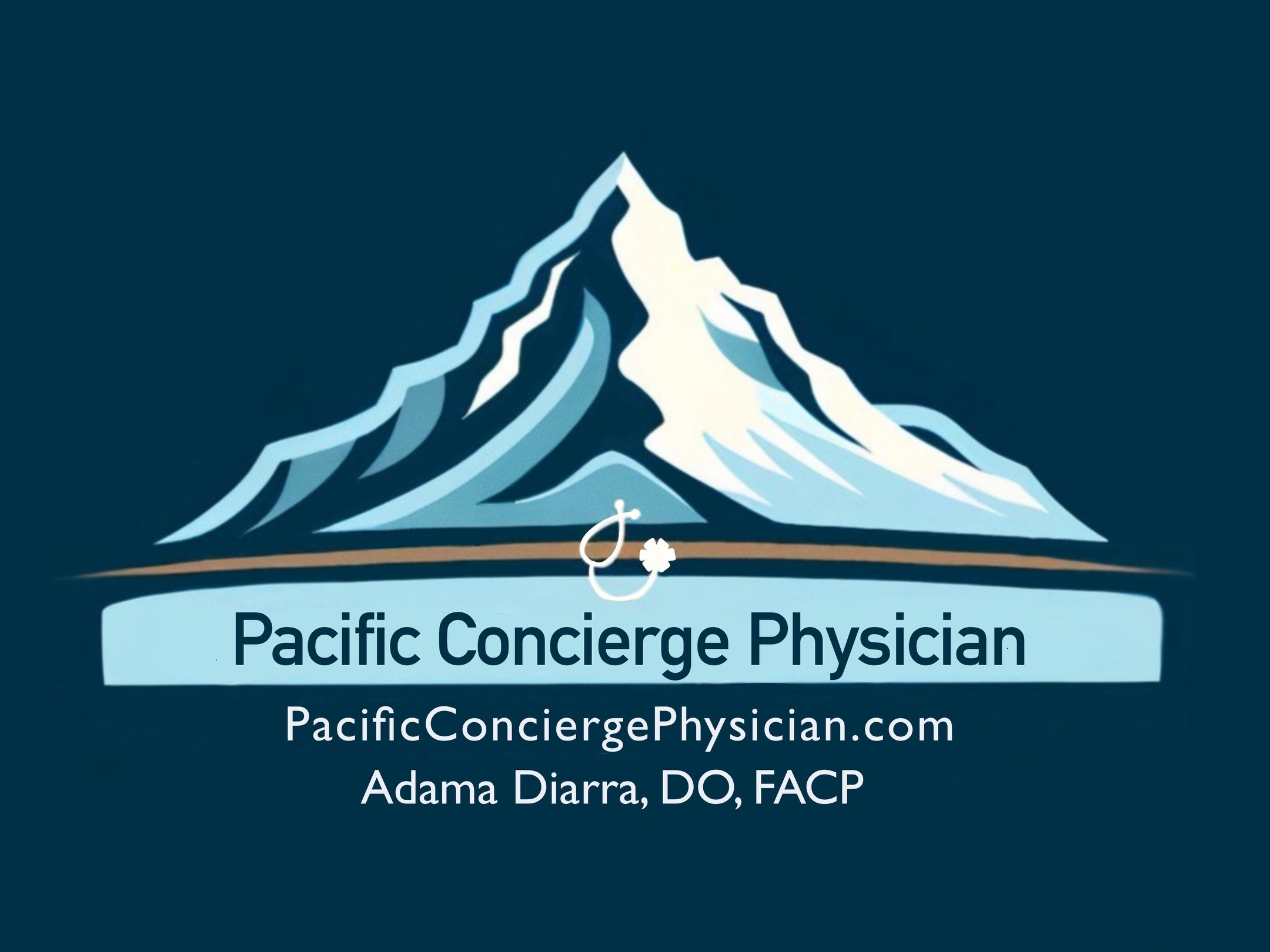
Longevity: Exploring the Science of a Longer, Healthier Life
What if extending the healthy years of your life could be supported by medications already sitting in the pharmacy? While no prescription drug has yet been FDA-approved specifically to delay aging or extend human lifespan, some medications—originally developed for diabetes, heart failure, immunosuppression, and cancer—are drawing attention for their potential in promoting healthspan and even lifespan in certain populations.
In this chapter, we dive into some of the most clinically studied and discussed medications associated with longevity: Metformin, Rapamycin, GLP-1 Receptor Agonists, and Senolytics. Each is explored through the lens of mechanism of action, cost, pros and cons, and existing clinical evidence.
This newsletter offers readers a science-based, cautious, but forward-looking perspective on the future of pharmacologic longevity. Whether you're a healthcare provider, wellness enthusiast, or simply curious about the evolving landscape of anti-aging medicine, you'll find practical insights and a foundation for informed discussions with your medical team.
Adama Diarra, DO, FACP & Team
Pacific Concierge Physician
7001 SW Hampton Street Tigard/Portland, OR 97223
Phone: 503-664-1207
Disclaimer:
The information provided in this newsletter is for educational and informational purposes only and is not medical advice. It is not intended to diagnose, treat, cure, or prevent any medical condition and should not be used as a substitute for personalized medical care from a licensed physician or qualified healthcare professional.
Readers are strongly encouraged to consult their own healthcare providers for any questions or concerns regarding their health or medical conditions. Reliance on the information provided in this newsletter is solely at your own risk.
Dr. Diarra and Pacific Concierge Physician assume no responsibility or liability for any outcomes resulting from the use of this information. Receipt of this newsletter does not establish a physician-patient relationship.
If you are experiencing a medical emergency, please contact emergency services or seek care at the nearest healthcare facility immediately.


